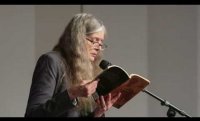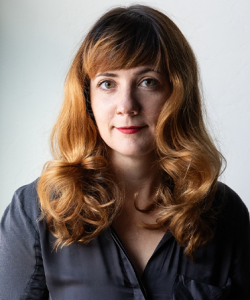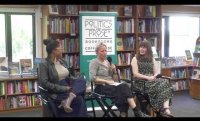After Suffering
Asked where great poems come from, Alice Notley, who passed away last month, responded in a 2024 interview for the Paris Review’s Art of Poetry series: “I think the real answer has to do with suffering, and how you perceive things after suffering. You might just freeze, but if you don’t, other worlds open to you.” In remembrance of Notley, write a poem that considers how your perceptions may have shifted in subtle or substantial ways after a time of loss or sorrow. Notley spoke of “hearing the dead” in dreams and receiving advice. What new worlds have opened up to you as a result of this difficult experience? How can you use lyric form to give voice to your emotions?










